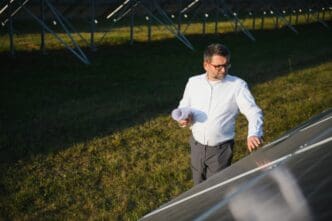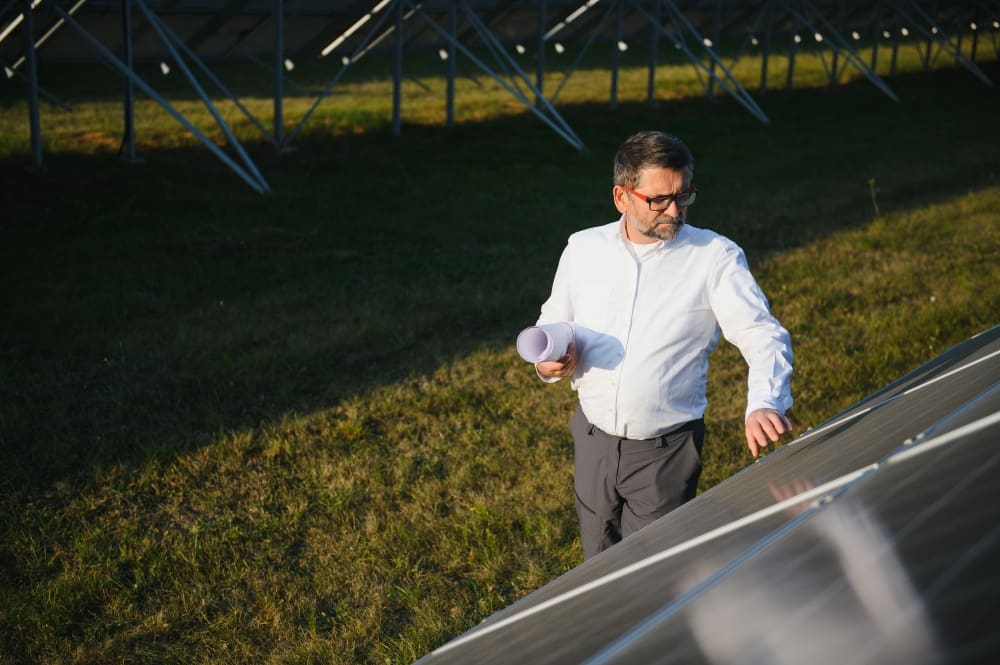Washington, D.C. – Small business owners and community leaders from rural America are urging Congress to preserve clean energy tax credits amid a legislative push by Republicans to scale them back. This week, representatives from Western states such as Alaska, Colorado, Iowa, Montana, Nebraska, South Dakota, and Utah lobbied lawmakers on Capitol Hill to protect these incentives, which are threatened by a Republican-backed bill currently in the Senate.
The tax credits, first established and expanded under the 2022 Inflation Reduction Act, have spurred significant investment in renewable energy. Designed to encourage reductions in fossil fuel use, these credits cover homeowners, car buyers, energy producers, and manufacturers. Since their inception, they have driven billions of dollars in investments into advanced manufacturing and production, particularly benefiting states that helped elect President Donald Trump to a second term.
Chase Christie, director of development for Alaska Solar LLC, highlighted how critical these credits are for his company, which installs solar projects in remote Alaskan villages. Christie, who recently met with staffers for Alaska’s Republican Senators Lisa Murkowski and Dan Sullivan, expressed concern about the future of his workforce amid potential credit cuts. “Our workforce is roughly half of what it usually is just because we’re not sure which direction things are going to go,” Christie stated.
Senator Sullivan’s spokesperson noted that while the senator supports energy projects that reduce costs for Alaskans, decisions about tax credits are pending further details from the Senate Finance Committee. Murkowski’s office did not respond for comment.
The Republican mega-bill seeks to extend parts of the 2017 tax law while finding spending cuts elsewhere. A segment of House Republicans has criticized the clean energy tax credits as a “green new scam,” advocating for their accelerated expiration to fund tax cuts pledged by President Trump. The House bill, narrowly passed on May 22, targets several tax credits, including the Energy Efficient Home Improvement Tax Credit and the Clean Electricity Investment Tax Credit.
Critics of the bill argue that ending these credits could cause job losses and reduce consumer energy options in rural and mountainous areas. Ralph Waters, owner of SBS Solar in Missoula, Montana, expressed concern that removing the credits might force him to downsize his business.
The Committee for a Responsible Federal Budget estimates that removing these credits could save approximately $249 billion over the next decade. However, advocates for the credits, like Logan Smith from Montana’s Human Resource Development Council, stress their importance for low-income households. Smith noted that solar panels could ensure power stability during harsh Montana winters.
As the Senate deliberates, the fate of these clean energy tax credits hangs in the balance, potentially impacting numerous communities and businesses reliant on renewable energy initiatives.








